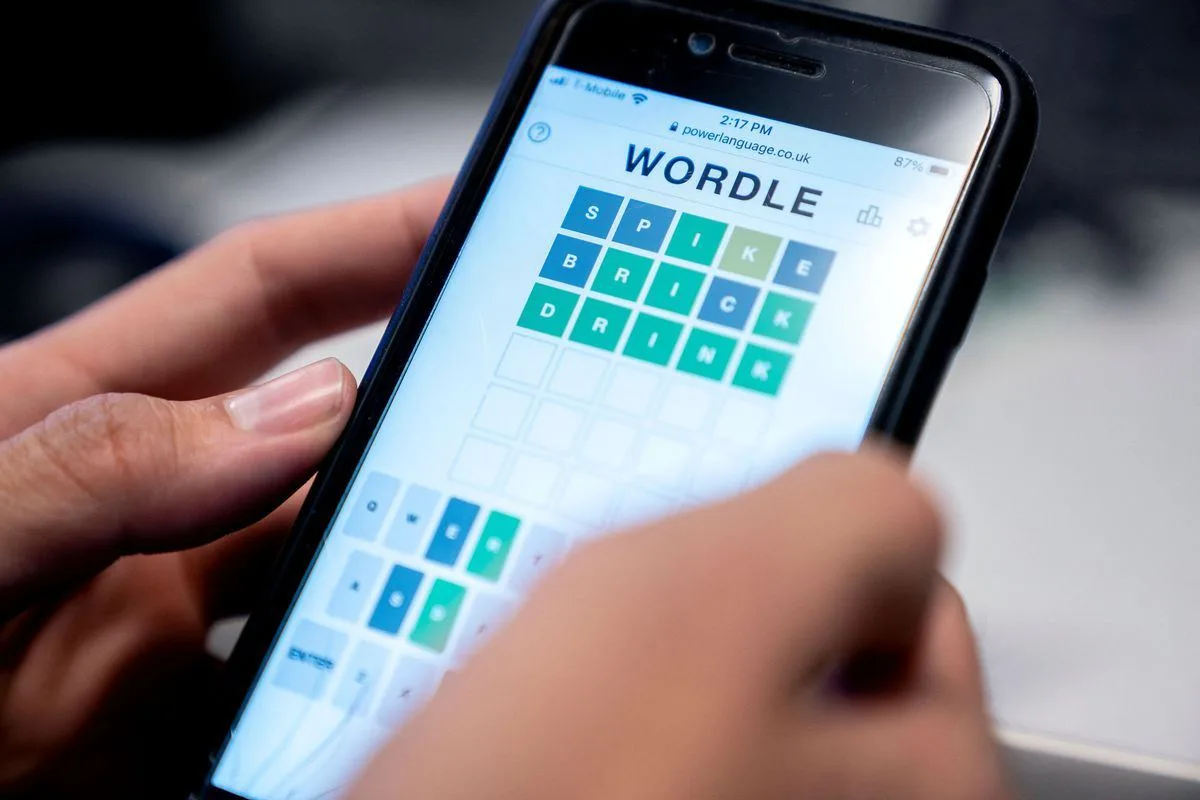If you’re active on social media, you’ve likely come across stacks of green, yellow, black, and white squares on your feed, with comments that are either celebratory or full of despair. These squares and the subsequent feelings that trigger them are all related to Wordle, the free word game that’s taken over the world.
The rules of Wordle are fairly simple, and the aim is to guess the daily five-letter word, with color-coded blocks incorporated into the game to help you figure out the word. Now, while this may seem like another internet fad that will likely lose momentum in a month or two, we should point out that playing Wordle a day can help to put the doctor away because word games are great for your longevity.
Benefits of Playing Word Games Like Wordle
1. Enhances brain health
If you really want to give your brain a boost, then might we suggest playing a daily word game like Wordle and scrabble?

Photo by Freysteinn G. Jonsson on Unsplash
According to a study published in the International Journal of Geriatric Psychiatry, adults over the age of 50 who regularly enjoy word games and brain games end up improving their memory and attention, as well as the executive function of the brain and information processing.
2. May help reduce the risk of dementia
Just over 54 million people worldwide have dementia, and as there is currently no cure for the condition, a lot of emphasis is placed on preventing and reducing one’s risk of developing the disease.
According to a study published last year in Neurology, living a “cognitively active” lifestyle could delay Alzheimer’s disease by five years. One of these cognitive lifestyle habits includes brain games.

Photo by Ross Sneddon on Unsplash
Dr. Anne Corbett is from the University of Exeter Medical School, and she was the lead author of the previously mentioned study published in the International Journal of Geriatric Psychiatry.
While she does caution against the notion that brain games can prevent dementia, she points out the importance of acknowledging their benefits on our cognitive capabilities;
“We can’t say that playing these puzzles necessarily reduces the risk of dementia in later life, but this research supports previous findings that indicate regular use of word and number puzzles helps keep our brains working better for longer.”
How else can I boost my brain health?
Wordle is a nice and easy way to boost your brain health. However, it’s not the only way to do so. If you really want to keep your brain young and sharp, then might we suggest:
- Playing other brain games like scrabble, crosswords, and even puzzles
- Regularly exercising
- Consuming a plant-based diet
- Managing your stress levels
- Staying clear of alcohol and tobacco
- Maintaining healthy social connections
Want to know more?
We often laugh about the difference between the two sexes. Yet, there may be an extra burden on the brain health of women. In fact, it appears that women are at a higher risk for brain diseases and disorders.
References
Brooker, H., Wesnes, K. A., Ballard, C., Hampshire, A., Aarsland, D., Khan, Z., Stenton, R., McCambridge, L., & Corbett, A. (2019). An online investigation of the relationship between the frequency of word puzzle use and cognitive function in a large sample of older adults. International journal of geriatric psychiatry, 34(7), 921–931. https://doi.org/10.1002/gps.5033



![women [longevity live]](https://longevitylive.com/wp-content/uploads/2020/01/photo-of-women-walking-down-the-street-1116984-100x100.jpg)










